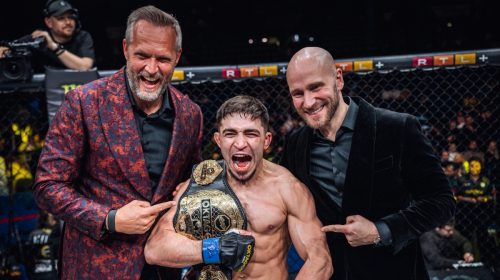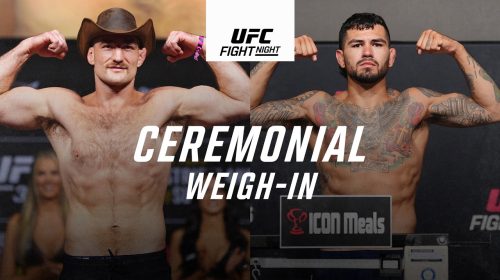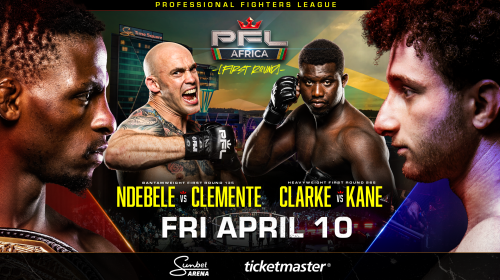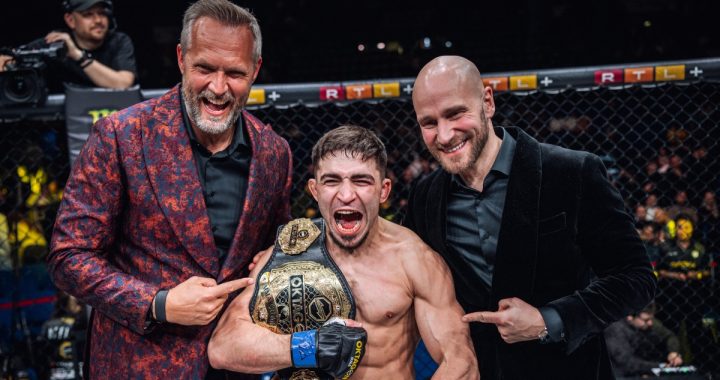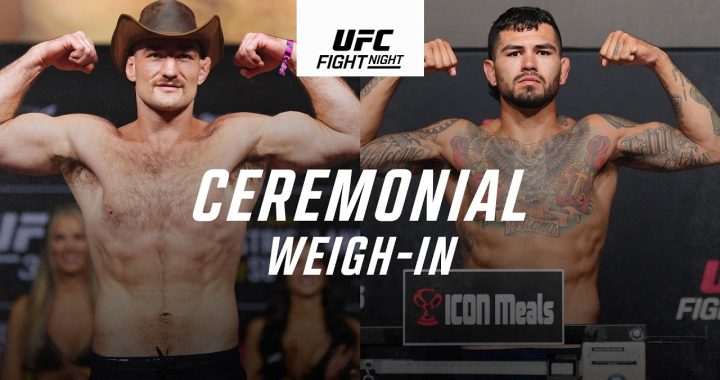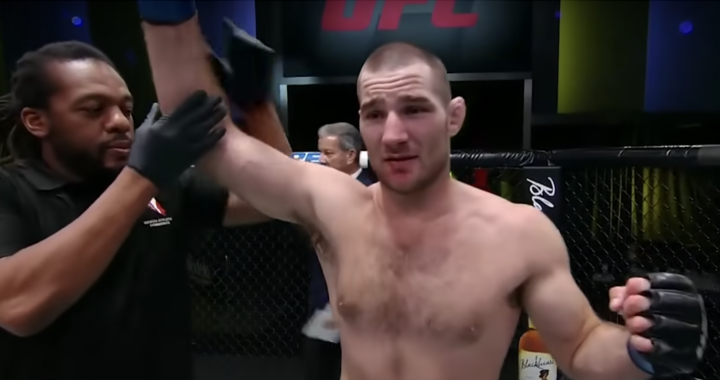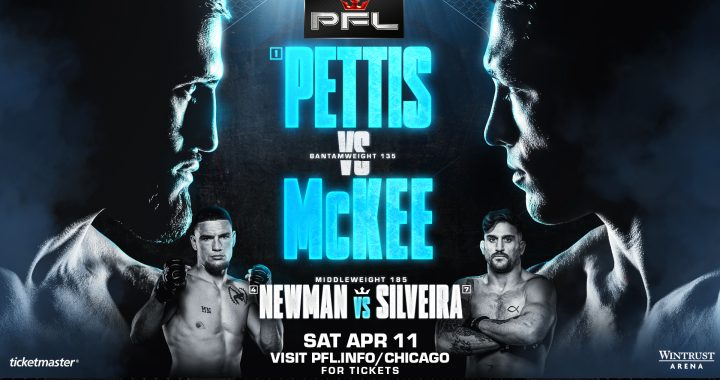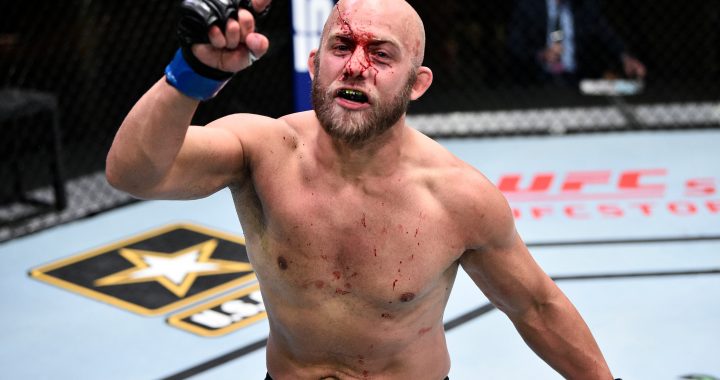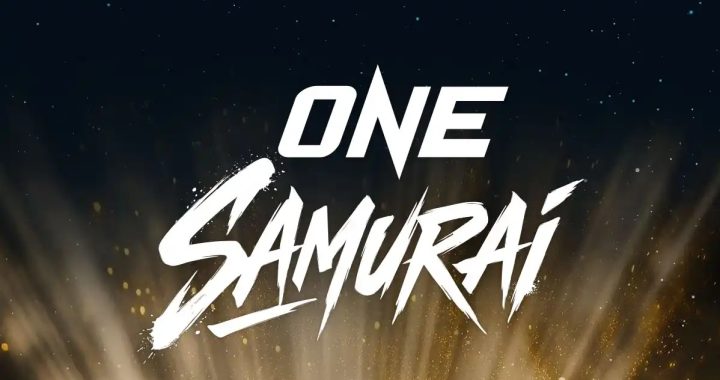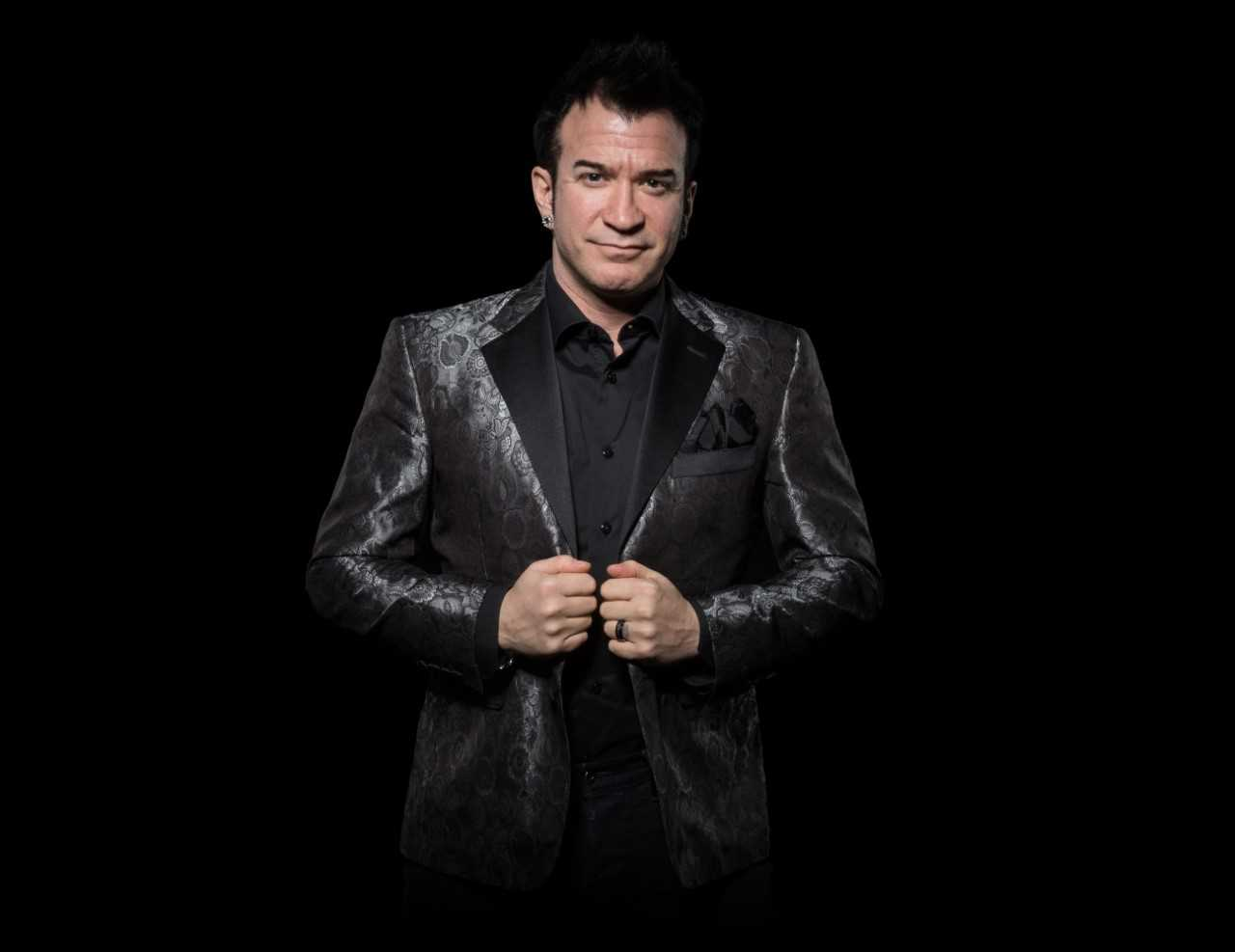
Robin Black talks art of journalism vs. MMA media
Robin Black is one of the most recognizable figures in mixed martial arts
If you follow the sport, it’s hard to miss him with his Facebook one-minute breakdowns. Robin Black has been involved with every major MMA organization in the world. From UFC to Bellator, going to ONE and even ACB in Russia. He is also very close to Joe Rogan, even appearing on a few episodes of the Joe Rogan Experience. After talking with Black, his appearance on JRE aligns perfectly with Rogan. Yet one thing Black was eager to discuss was the art of journalism as it pertains to MMA media.
This passed week, I’ve written several articles surrounding the MMA world. One particular focus was social media influence in the sport. Platforms such as Twitter have allowed communication with people around the world. In MMA, this has allowed a lot of fighters to set their sights on possible future opponents. With those Twitter exchanges, more and more website content has circulated around fighter feuds. The consequences of that is a demerit and backlash against the writer.
Black has always had a fascination with the journalism side of the sport. In the traditional sense: sports journalism had a specific set of rules. Following Associated Press guidelines, and inverted pyramid style, articles were quite cut-and-dry. Stories were meant to be neutral accounts of events with the most pertinent information closer toward the headline. Black set his focus on what journalism has become and the misconceptions that come along with that.
“Years ago, I had this – very negative view of journalism,” Black started.
“I thought it was gossip and I thought analysis was more important. Journalism, at it’s cleanest, I believe at the time, was ‘I’m going to report something. Here it is. Here’s the facts’ … I misunderstood that as journalism. That is just modern media. That’s social media that the reaction of people. It’s opinion based. It’s debate based. It’s conflict and controversy based. That is media, but that is not journalism,” he continued.
Black and I then went point-counterpoint on varying subtopics of journalism during our discussion.
A particular subject of discussion was Jon Jones. His relevance in the sport is undeniable. But Jones can’t stay out of the media. Even when he tweets his disdain for it, that becomes news worthy. After the recent escapades of Jones inserting himself into the Anthony Smith break in, as well as the DWI he plead guilty to in Albuquerque, Jones took to Twitter to mock those reporting on him.
It’s funny to see how many MMA reporters and fighters can’t go a few episodes or interviews without discussing me..There’s seriously a pandemic going on guys. Is there nothing more important going on in your world 🤷🏾♂️
— BONY (@JonnyBones) April 24, 2020
“We can judge that because we are free,” Black insisted.
“We’re free to judge. We can judge Jon Jones for that. But the truth is he is rewarded for that,” he continued.
Whether we like it or not (and my opinion is strongly noted in our discussion) these interactions become part of public interest. Then public interest becomes concern which creates a necessity to chronicle Jones’ every public appearance. The creation of social media has normalized a false narrative of pertinent information. This topic immediately transitioned into sensational journalism which has been a public image, particularly for ESPN’s Stephen A. Smith.
At one point, we talked about Rogan squaring off against Stephen A. Smith.
Admittedly, I expected Black and I to go rounds on this topic. Black is close to Rogan and I took exception to Rogan sounding off against Smith. Perhaps not what Rogan said, per se, but rather how he chose to discredit him by mocking Smith’s boxing mitt workout Smith posted on, yet again, Twitter. But Smith is used to arguing his point, ad nauseam, without fear of public scrutiny. Black even clarified Smith’s role in sports media.
“Stephen A. Smith’s job is to say some shit about Cowboy Cerrone in a fight,” Black exclaimed.
“Now my job is to try, without judgement, or even without opinion – as little opinion as possible – to attempt to identify what happened in the moments with Cowboy Cerrone and Conor McGregor. And through time and expertise, fights myself, a lifelong study of martial arts of the mind of focus, of how and why these things are actually happening, on a bio level, an emotional level, a physiological level. I can tell you with some amount of accuracy, more than most, what actually took place in the dynamic between Cowboy Cerrone and Conor McGregor,” he finished.
All of this was roughly one quarter of our discussion surrounding sports media. At one point Black has me questioning my own beliefs revolving around MMA, particularly rankings. This must-hear conversation focuses on almost every aspect of media and journalism as it pertains to our everyday lives. It transcends sports and mirrors the life we live and how we consume news. With a clearer understanding, media becomes less subjective and more a product of it’s environment. But one thing is certain: my understanding of rankings is for shit.
